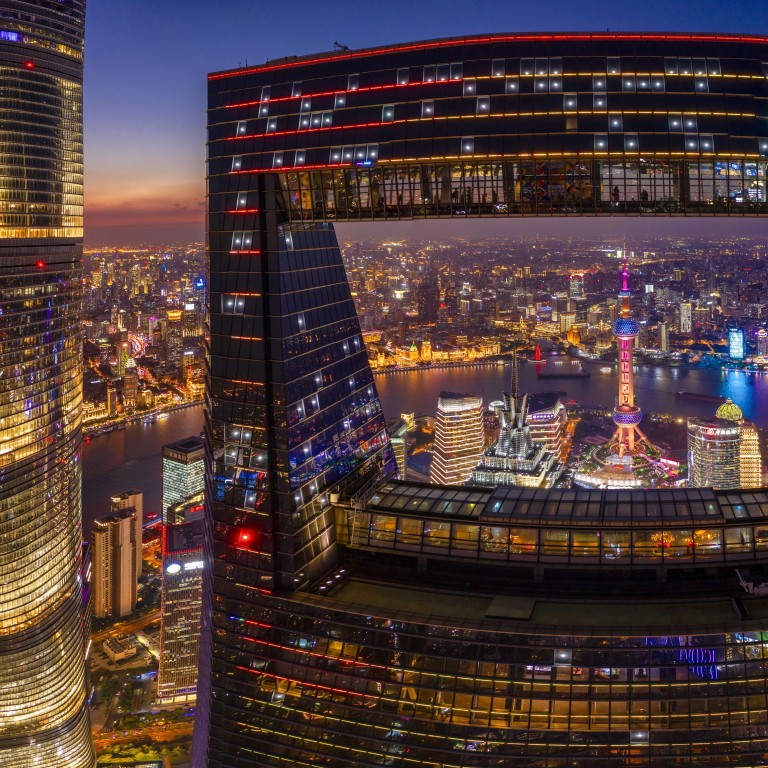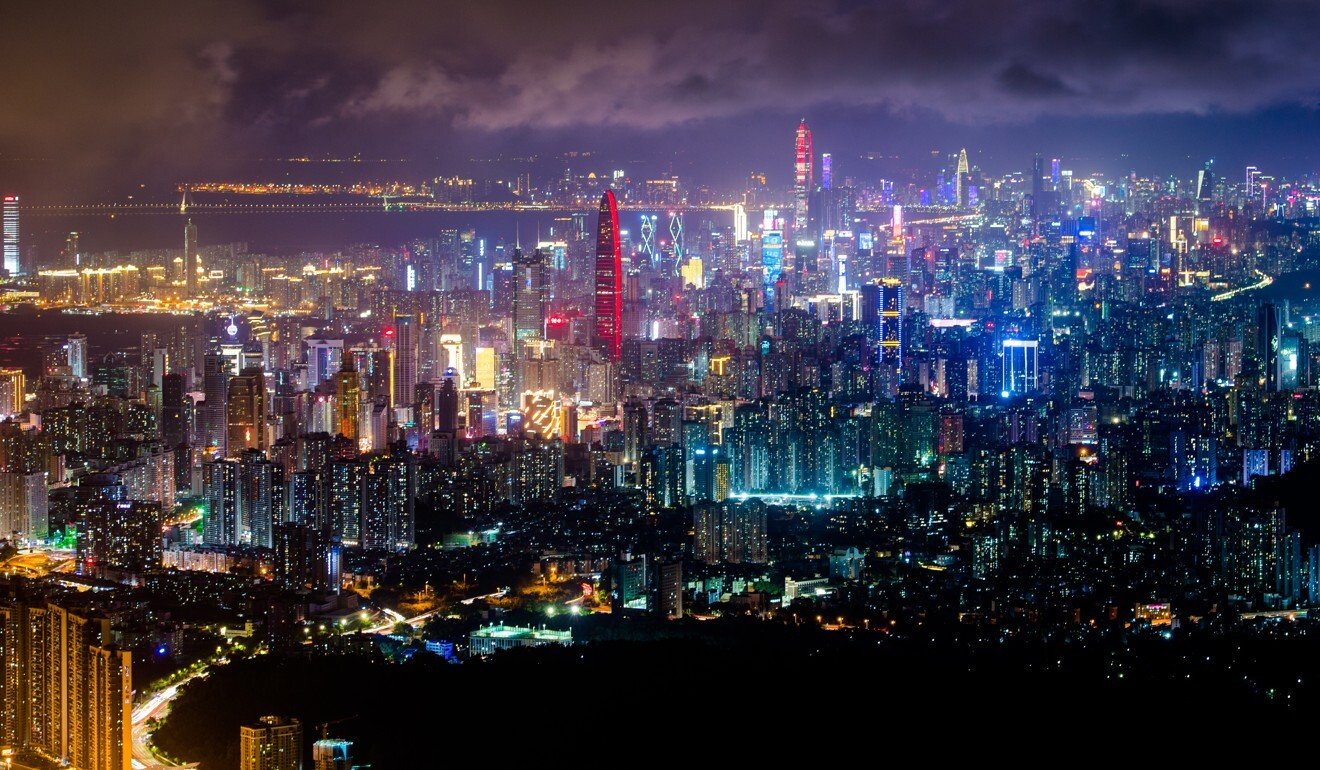
Chinese capital Beijing sets sights on building ‘trillion yuan’ hi-tech manufacturing clusters
- City wants to attract more global talent by offering better work conditions, and opening up its research facilities, according to new five-year plan
- Vice-mayor says Beijing wants to attract people who can contribute to ‘our country’s drive to become a global power in science and technology development’
The Chinese capital wants to attract more global talent by offering better work conditions, and opening up its research facilities to international scientists to boost China’s influence in global science and technology development, the plan said.

“By 2035, Beijing’s global science and technology innovation hub should be a global leader in terms of creativity, competitiveness and influence, with a concentration of international talent who can contribute to our country’s drive to become a global power in science and technology development,” vice-mayor Jin Wei said at a press conference on Wednesday, referring to the city’s longer term goals.
Beijing would sharpen its capabilities in areas like artificial intelligence and quantum computing through strengthening basic research, he said, adding that the city would also invest in technologies like integrated circuits and new materials.
Explainer: China’s five-year plans
Also targeted in the action plan are industries like smart manufacturing, health and wellness and smart energy, which Jin described as new businesses of trillion-yuan magnitude.
Compared with Shanghai and the Greater Bay Area, Beijing is stronger in areas like basic research. The capital is home to about 90 universities and more than 1,000 science and technology research institutes. It has 128 state key laboratories, accounting for a third of the national total.
Li Meng, a vice-minister of science and technology, said at the press conference that the ministry would fully support Beijing in building up its top tier national laboratories in the five-year period, and explore new types of research institutions specialising in frontier science and technology.
Beijing was also expected to play a pivotal role in the overhaul of state labs, he said.
Jin said the key laboratories in Beijing would be given greater autonomy regarding their research. The government will break the silos among research teams to promote collaboration, cut duplication and encourage resource sharing to make the laboratory network more efficient. It will also roll out changes to improve financing of science and technology start-ups.

